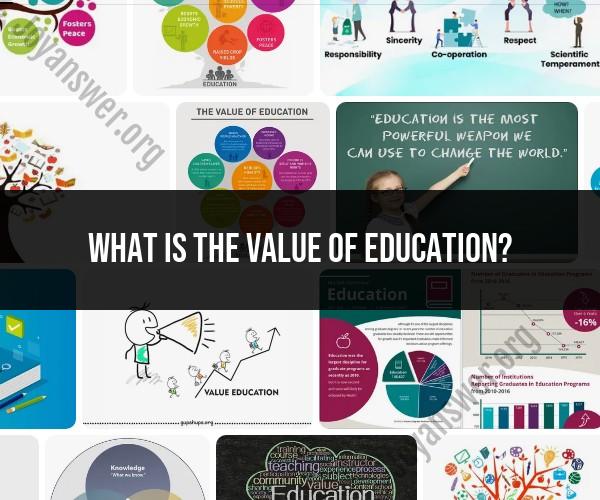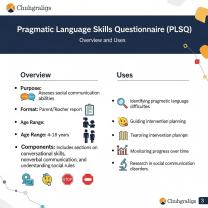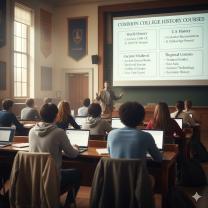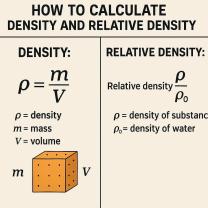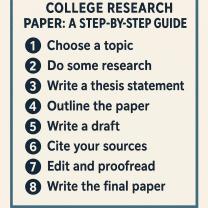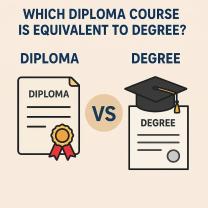What is the value of Education?
The value of education is multifaceted, encompassing personal, societal, and economic dimensions. Here are some key aspects highlighting the importance of education:
Personal Development:
- Knowledge and Skills: Education equips individuals with knowledge and skills necessary for personal and intellectual growth. It empowers them to understand the world, make informed decisions, and engage in lifelong learning.
- Critical Thinking: Education fosters critical thinking, problem-solving, and analytical skills. It encourages individuals to question, evaluate information, and develop a deeper understanding of various subjects.
Empowerment:
- Empowerment of Individuals: Education is a powerful tool for empowerment. It provides individuals with the ability to articulate their thoughts, express themselves effectively, and advocate for their rights. It promotes independence and self-reliance.
Social and Cultural Understanding:
- Cultural Awareness: Education promotes cultural awareness and appreciation for diversity. It helps individuals understand different perspectives, fostering tolerance and respect for people with diverse backgrounds and beliefs.
- Social Skills: Educational environments encourage social interaction, helping individuals develop interpersonal skills, teamwork, and empathy.
Economic Opportunities:
- Employability: Education enhances employability by providing individuals with the skills demanded in the job market. It opens up opportunities for better job prospects and career advancement.
- Economic Growth: Societies with a well-educated population often experience higher economic growth. Education contributes to innovation, productivity, and the development of a skilled workforce.
Health and Well-being:
- Health Literacy: Education is linked to better health outcomes. It promotes health literacy, enabling individuals to make healthier lifestyle choices and understand preventive measures.
- Quality of Life: Higher levels of education are associated with improved quality of life, including better access to healthcare, housing, and overall well-being.
Social Mobility:
- Equalizer of Opportunities: Education serves as an equalizer, providing individuals from diverse backgrounds with the opportunity to overcome socio-economic barriers. It plays a crucial role in promoting social mobility.
Global Citizenship:
- Global Awareness: In an interconnected world, education fosters global citizenship by providing individuals with an understanding of global issues, cultures, and the interconnectedness of societies.
- Sustainable Development: Education plays a vital role in promoting environmental sustainability and responsible citizenship by instilling awareness of environmental issues and ethical practices.
Civic Engagement:
- Informed Citizens: Education contributes to the development of informed and engaged citizens. It instills a sense of civic responsibility, encouraging individuals to participate in democratic processes and contribute positively to their communities.
The intrinsic value of education lies in its transformative power, shaping individuals and societies for the better. It is not only a means to acquire knowledge but also a fundamental human right and a cornerstone for progress, equity, and social justice.
The Intrinsic Value of Education: A Tapestry of Growth and Empowerment
Education goes beyond acquiring knowledge and skills; it unlocks a treasure trove of intrinsic value that enriches individual lives and shapes societies. Let's unravel this intricate tapestry:
1. Intrinsic Value for Individuals:
- Intellectual growth: Education fuels the fire of curiosity, fostering critical thinking, problem-solving, and lifelong learning. It expands our understanding of the world, ourselves, and our place within it.
- Personal development: Education cultivates self-awareness, confidence, and a sense of autonomy. It equips us with the tools to navigate life's challenges, make informed decisions, and shape our personal narratives.
- Empowerment and well-being: Education empowers individuals to advocate for themselves and others, to participate actively in their communities, and to contribute meaningfully to the world. This sense of agency fosters self-esteem, well-being, and overall satisfaction with life.
- Cultivating values and perspectives: Education exposes us to diverse perspectives, cultures, and ways of thinking. It encourages critical reflection, ethical reasoning, and the development of sound moral values.
- Enhancing creativity and innovation: Education nourishes our creative spirit, encourages exploration, and provides tools for innovation. It empowers individuals to express themselves, contribute original ideas, and shape the future in their own unique ways.
2. Impact on Future Success:
- Employment opportunities and economic stability: Education opens doors to better job prospects, higher income potential, and greater stability in a rapidly changing world. It equips individuals with the skills and knowledge needed to thrive in the modern workforce.
- Social mobility and breaking cycles of poverty: Education can be a powerful tool for breaking cycles of poverty and promoting social mobility. It empowers individuals to overcome inequalities, create better opportunities for themselves and their families, and contribute to a more equitable society.
- Improved health and well-being: Education can lead to healthier lifestyles, better understanding of health issues, and more informed healthcare choices. It empowers individuals to take charge of their well-being and contribute to building healthier communities.
- Personal and professional fulfillment: Education equips individuals with the skills and knowledge to pursue their passions, interests, and career goals. It fosters a sense of fulfillment and satisfaction in both personal and professional endeavors.
- Active citizenship and civic engagement: Education empowers individuals to be informed and engaged citizens. It provides the tools to critically analyze information, participate in democratic processes, and advocate for positive change in their communities.
3. Societal Benefits of a Well-Educated Population:
- Economic growth and development: A well-educated population has the skills and knowledge to drive innovation, entrepreneurship, and economic growth. This benefits society as a whole, leading to increased prosperity and opportunities for all.
- Stronger democracy and civil society: An educated populace is more engaged in civic life, promotes informed decision-making, and holds leaders accountable. This strengthens democracy and contributes to a more just and equitable society.
- Reduced crime and social problems: Education can be a powerful tool for preventing crime and social problems. It fosters critical thinking, empathy, and responsible decision-making, leading to safer and more cohesive communities.
- Global understanding and cooperation: Education promotes cultural understanding, tolerance, and collaboration. It equips individuals to participate in a globalized world, fostering international cooperation and addressing global challenges collectively.
- Sustainable development and environmental stewardship: Education plays a crucial role in promoting sustainable development practices and environmental stewardship. It empowers individuals to make informed choices, advocate for environmental protection, and build a more sustainable future for all.
In conclusion, the intrinsic value of education goes far beyond acquiring skills and knowledge. It paves the way for individual growth, empowers individuals to shape their own destinies, and builds stronger, more prosperous societies. Investing in education is not just an individual pursuit; it's a societal investment in a brighter future for all.
